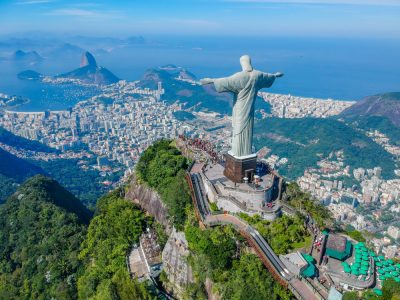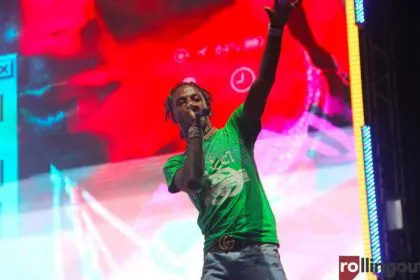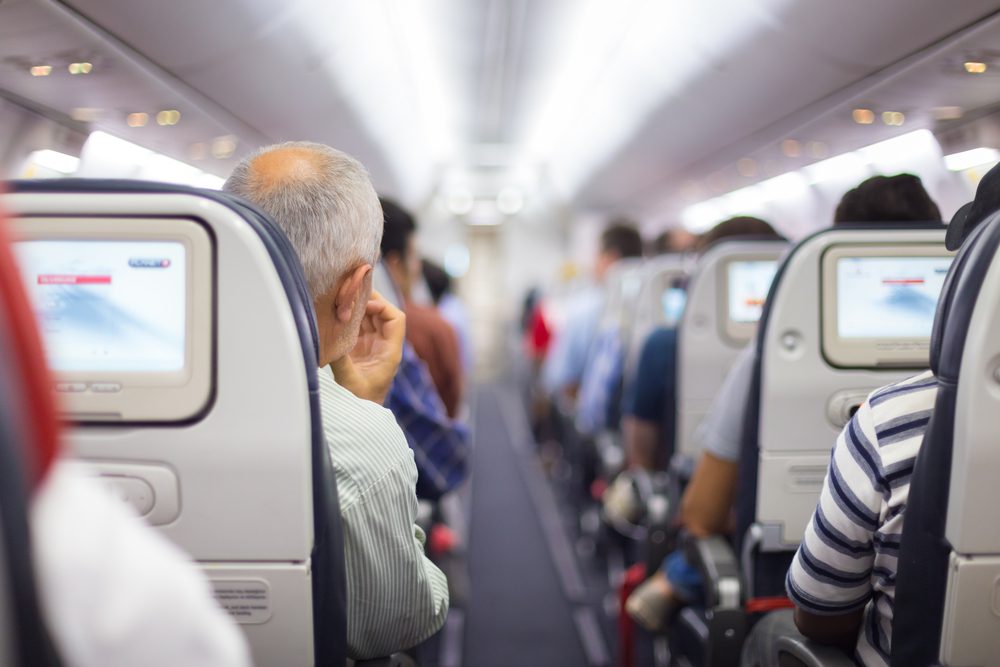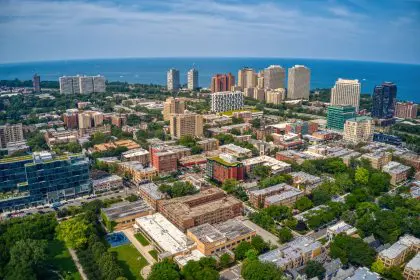As I boarded the plane for my first trip to Brazil, I did not harbor any delusions of grandeur about the culture I would discover – at the world famous Copacabana Beach, the iconic Christ –The Redeemer Statue, Favela’s in the hills of Rio or a sighting of the fictional “Girl from Ipanema.” What I did expect was to find a “Taste of Africa” in the wonderful cities of both Rio de Janeiro and Salvador Bahia.
I traveled to Brazil mainly to attend Carnival:the world famous celebration that people from all over the world attend in the month of February, but I was delighted to discover that much of the character of the places I visited had an overwhelming and obvious African influence through the makeup of the population, food, culture and customs of this distinctly tribal environment. Prior to traveling to Brazil, I learned that outside of Africa, Brazil has the largest population of people of African descent in the world. As of 2007, the Brazilian metropolitan area with the largest percentage of blacks is Salvador Bahia at 62% and Rio having a lesser but sizable Black population. Over nearly three centuries, from the late 1500s to the 1860s, Brazil was consistently the main destination for enslaved Africans in the Americas.
In 1888, Brazil abolished slavery but had the largest population of African and “creole” people in any one colony in the Western Hemisphere. These statistics were not shocking to me but a bit surprising even with the knowledge that most Africans that were stolen from Africa were brought to Brazil in particular and South America in general due to the shorter voyage as opposed to America, Central America or the Caribbean. I was 18 years old when I first dreamed of traveling to Brazil but of course as time and interests changed over the years, I was delayed. Africa became my central place of interest. I’ve traveled to Ghana, Egypt and South Africa multiple times.
The first day, I arrived in the Barra da Tijuca area of Rio, which is not as congested as the Copacabana or Ipanema Beach areas that are more popular for tourists. After my 9-hour flight from Miami, I mustered enough energy to walk along the boardwalk where I heard the beating of drums throughout the beach areas, which for native Rio residents or Cariocas, is a weekend pilgrimage as thousands of residents descend upon all the beaches of Rio.
I was literally guided by the tribal rhythm as I made my afternoon stroll and enjoyed the spontaneous “parties” that would have people dancing to the beat miles up the coastline. Brazilians seem to emphasize their national pride in being Brazilian than their ethnic pride due to race but, of course, the stark reality of the majority of Blacks living in the Favelas that are situated in the rolling hills of Rio de Janeiro which I had the opportunity to visit the Famous “City of God” or Cidade de Deus and the largest Favela called Rocinha in Rio’s south zone. I found so many Afro-Brazilians to be friendly and curious to my presence and interaction with them. It was like finding lost family members that were unfamiliar in language and custom but united in the global recognition of being Black. The food was connected to Africa, like this dish called “Moqueca” – a fish, beef or shrimp stew made with Dende’ or Palm Oil, a direct connection to Africa.
The Carnival in Rio was amazing and after my stay in Rio ended, I caught a plane to Salvador Bahia and saw where the African influence is the strongest in all of Brazil. Being in Salvador Bahia was like getting off a plane and going any large Black urban area I have ever been to in the United States with so many Brothers and Sisters in the city. Seeing many of the Sisters in the white traditional dresses and smoking cigars, an indication to adherence to the African connected Santeria Religion, as well as visiting the historic areas like Pelourinho Historic District in the seaport area of the colonial district. I also was amazed that an airport in Bahia was named after a Black Man named Zumbi who led a slave revolt against the Portuguese and his statues are viewed prominently throughout Bahia .What an experience to get a Taste of Africa thousands of miles from Africa, yet very near to my surprise. –malik ismail
Malik Ismail is an international traveler and activist. He’s explored many cultures in Africa including Ghana, South Africa and Egypt. He’s traveled to Cuba and South America. His writings have been featured in the L.A. Watt’s Times, It’s About Time Newsletter and The Black Panther Intercommunal News Service.














